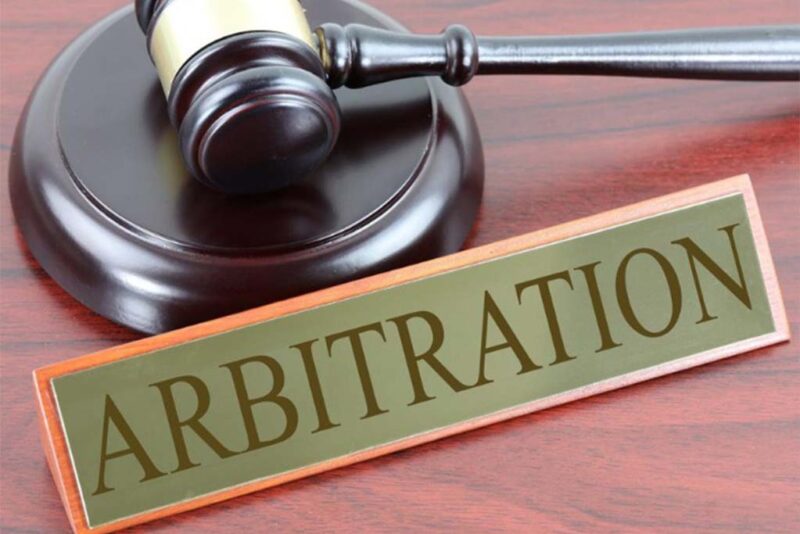Guidelines for Mediation over Arbitration in Domestic Public Procurement Contracts
In recent years, there has been a notable trend towards using arbitration and mediation as alternative means to resolve contractual disputes in public procurement. The Government of India has issued comprehensive guidelines aimed at optimizing these processes to ensure efficiency, fairness, and accountability in settling disputes.
Advantages of Arbitration
Arbitration has gdined popularity due to several perceived benefits over traditional litigation. Firstly, it promises faster resolution of disputes, bypassing the often-lengthy court procedures. This expedited resolution is crucial for maintaining project timelines and reducing financial strain on all parties involved. Secondly, arbitration allows for the inclusion of technical experts as arbitrators, ensuring decisions are well-informed on complex technical matters that often underpin procurement contracts. Thirdly, under the Arbitration and Conciliation Act, 1996, arbitral awards are generally final and have limited grounds for appeal in courts, providing a sense of closure that is desirable in swiftly resolving disputes.
Challenges and Reassessment
Despite its benefits, the application of arbitration in government contracts has encountered significant challenges. Government entities, bound by stringent accountability measures to Parliament and mandated to act fairly and without arbitrariness, find it difficult to accept arbitration awards that deviate from established norms or practices. Moreover, the arbitral process, intended to be swiff and conclusive, offen faces delays and escalating costs, diminishing its perceived advantages. Issues such as improper application of law and perceptions of collusion among arbitrators have further complicated its efficacy. This has resulted in a paradox where arbitration, instead of reducing litigation, has sometimes added another layer of legal challenges, thereby prolonging the resolution of disputes.
Role of Mediation
Recognizing the limitations of arbitration, the Government has emphasized the importance of mediation as an alternative dispute resolution mechanism. Mediation, facilitated under the Mediation Act, 2023, allows parties to negotiate settlements with the assistance of a neutral mediator, avoiding the binding nature of arbitration. Successful models of mediation the Mediation Act, 2023, allows parties to negotiate settlements with the assistance of a neutral mediator, avoiding the binding nature of arbitration.
Guidelines for Implementation
In response to these challenges, the Government has issued practical guidelines for incorporating arbitration and mediation in public procurement contracts. Key recommendations include:
Limiting Arbitration: Arbitration clauses should not be automatic in large contracts and may be restricted to disputes below a specified value (Rs. 10 crore), with careful consideration for higher-value disputes.
Institutional Preference: Where arbitration is necessary, preference should be given to institutional arbitration to ensure transparency and credibility.
Promoting Mediation: Government entities are encouraged to adopt mediation or negotiated settlements, particularly for high-value disputes, under the supervision of High-Level Committees comprising retired judges and technical experts.
Approval Mechanisms: All settlement agreements, whether through arbitration or mediation, require approval from designated authorities to ensure compliance with legal standards and public interest.
Conclusion
The guidelines issued by Ministry of Finance, Government of India represent a balanced approach to dispute resolution in public procurement, aiming to streamline processes while upholding principles of fairness and accountability. By promoting mediation alongside arbitration and judiciously applying these metheods, the Government seeks to mitigate the challenges associated with contractual disputes, ultimately fostering a more efficient and transparent procurement environment.
In summary, while arbitration remains a valuable tool in resolving disputes, the integration of mediation into government contracts reflects a progressive shift towards collaborative and efficient dispute resolution practices, benefiting both public entities and private contractors alike.
Get in touch with RG Legal Associates to know more!

Full‑service Delhi & Kolkata law firm with 30+ years’ experience in corporate, regulatory, real estate & litigation counsel.

